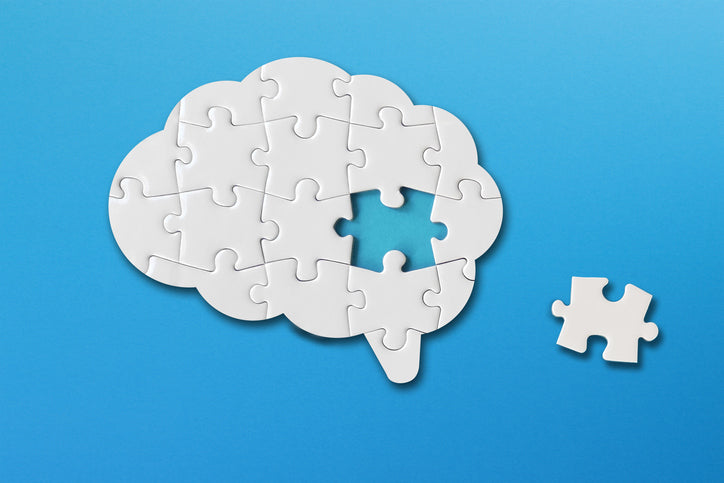Researchers at Otago's Dunedin Multidisciplinary Health and Development Research Unit have been examining the possibility that the retina could be an indicator of cognitive change that's distinguishable earlier in life.
Currently, Alzheimer's and other forms of dementia are typically diagnosed when symptoms are apparent such as memory loss and changes in behavior and by this time, the disease has progressed significantly.
In this recent study, which was published in JAMA Ophthalmology, researchers examined data regarding the retinal nerve fiber layer (RNFL) and the ganglion cell layer (GCL) from 865 Dunedin Study participants at age 45.
What researchers discovered is that participants with thicker RNFL and GCL in middle age had better cognitive performance in childhood and adulthood. Participants with thinner RNFL had a greater decline in processing speed from childhood to adulthood.
These findings indicate that RNFL could be a sign of overall brain health and indicate that retinal scans could aid in the diagnosis of cognitive decline at a much earlier stage and thus allow for earlier intervention in the disease to help stop the progression.
Additional studies are needed, however, to determine if retinal thinning is an accurate predictor of Alzheimer's.














